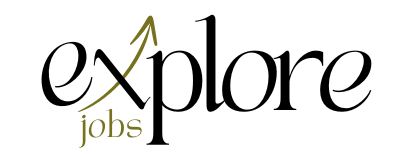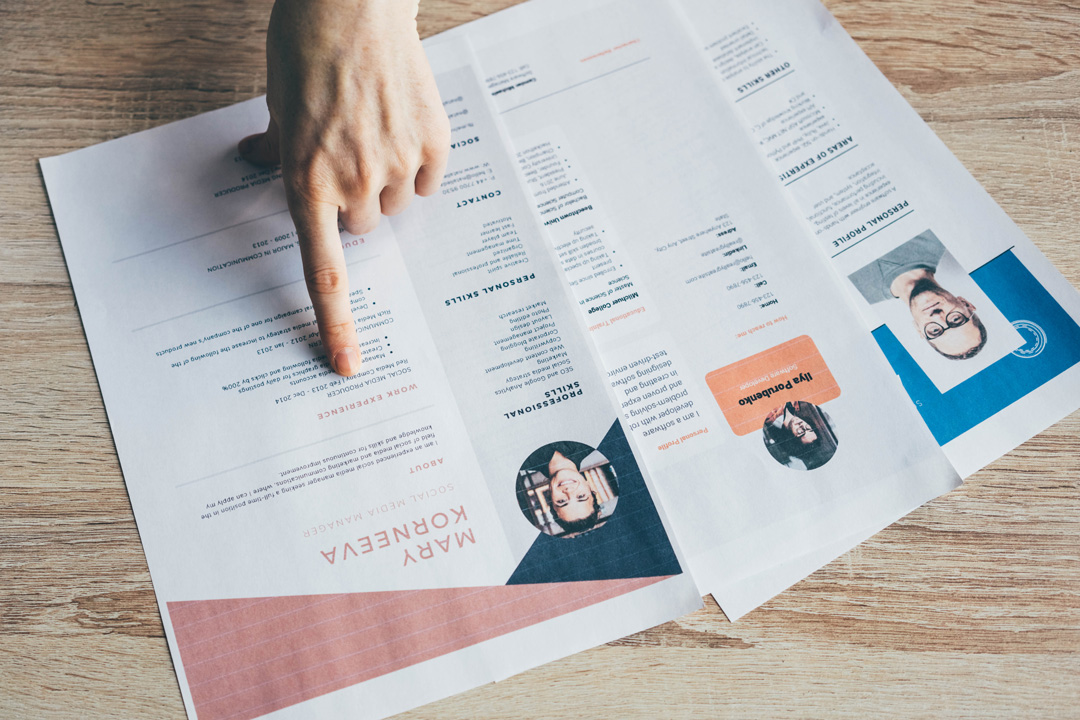Your resume and cover letter are your first opportunities to make a strong impression on potential employers. In today’s competitive job market, standing out is crucial, and following best practices can help you craft documents that showcase your skills, experience, and personality. Below are key strategies to help you create compelling and effective resumes and cover letters.
1. Tailor Your Resume and Cover Letter for Each Job

A common mistake is sending the same resume and cover letter to multiple employers. Customizing your application materials for each job shows that you’ve taken the time to research the company and understand the specific requirements of the role.
- Tailoring Tips:
- Review the job description and highlight keywords related to skills, qualifications, and responsibilities.
- Adjust your resume’s skills section and work experience to emphasize the qualifications that match the job.
- In your cover letter, mention the company’s values or goals and explain how you align with them.
2. Use a Clean, Professional Format

A resume that’s difficult to read or cluttered can quickly get passed over. Keep your resume layout simple and professional, making it easy for hiring managers to find the information they need.
- Best Practices for Formatting:
- Use a clear, professional font like Arial, Calibri, or Times New Roman, and keep the font size between 10–12 points.
- Use bullet points to break up long paragraphs and make your experience and achievements easier to scan.
- Keep your resume to one page if possible, especially if you have fewer than 10 years of experience.
- Use consistent spacing, headings, and subheadings to create a polished look.
3. Focus on Achievements, Not Just Responsibilities

While it’s important to list your job duties, emphasizing your achievements will make your resume more impactful. Employers want to see how you’ve added value in previous roles.
- Ways to Highlight Achievements:
- Use numbers and metrics to quantify your accomplishments (e.g., “Increased sales by 20%” or “Managed a team of 10 employees”).
- Start bullet points with action verbs like “developed,” “led,” “improved,” or “achieved” to show proactive contributions.
- Focus on outcomes: Describe how your work improved processes, saved time, or increased revenue.
4. Keep It Relevant
Your resume should focus on the experience and skills that are most relevant to the job you’re applying for. If you’re applying for multiple types of roles, consider creating different versions of your resume that emphasize different skills.
- Tips for Relevance:
- Only include work experience that is related to the job you’re applying for, especially if you have many years of experience. Older or unrelated jobs can be left off or minimized.
- List skills that are in demand for the job. If you’re applying for a tech position, for example, highlight technical skills like coding, software proficiency, and data analysis.
- Avoid including outdated or irrelevant skills (e.g., typing speed or proficiency in software that’s no longer commonly used).
5. Craft a Strong Resume Summary
A resume summary is a brief statement at the top of your resume that highlights your key qualifications and sets the tone for the rest of your application. It’s especially useful for mid-career professionals or career changers.
- What to Include in a Summary:
- A concise overview of your experience, skills, and key achievements.
- Mention your career goals and how you align with the company’s objectives.
- Keep it brief—2–3 sentences are usually enough.
Example: “Results-driven marketing professional with 5+ years of experience developing digital campaigns that increased engagement by 30%. Proven ability to lead cross-functional teams and drive brand growth. Seeking to leverage expertise in content strategy to join XYZ Company’s marketing team.”
6. Make the Cover Letter Personal and Engaging
While your resume provides a summary of your qualifications, the cover letter is your opportunity to explain why you’re the right fit for the job. Avoid repeating your resume word-for-word, and instead, use the cover letter to highlight specific experiences, explain why you’re interested in the position, and express your enthusiasm.
- Best Practices for Cover Letters:
- Address the hiring manager by name whenever possible. If their name isn’t listed, a simple “Dear Hiring Manager” is acceptable.
- Start with a strong introduction that grabs attention. Mention the specific job you’re applying for and why you’re excited about the opportunity.
- Provide examples that illustrate your relevant skills and experience in action.
- End with a confident call to action, such as requesting an interview or expressing interest in further discussing how you can contribute to the company.
Example Introduction: “I’m excited to apply for the Digital Marketing Specialist position at XYZ Company. With over three years of experience in creating targeted social media campaigns, I’m eager to bring my skills in content creation and analytics to your dynamic team. I’m particularly drawn to XYZ’s innovative approach to digital strategy and believe my background in data-driven marketing makes me an ideal candidate.”
7. Proofread and Edit
Mistakes in your resume or cover letter can hurt your chances of getting an interview. Before submitting your application, take the time to proofread and ensure everything is accurate.
- Proofreading Tips:
- Read your resume and cover letter aloud to catch awkward phrasing or errors.
- Use a spell-check tool, but also review it manually, as spell-check may miss grammatical issues or incorrect word usage.
- Consider having a trusted friend or colleague review your documents for additional feedback.
8. Focus on the Employer’s Needs
While your resume and cover letter are about you, they should focus on how you can meet the employer’s needs. Emphasize the ways you can contribute to the company’s goals and objectives.
- Consider These Questions:
- What are the key challenges or needs outlined in the job description?
- How can your experience and skills help solve these challenges?
- What unique qualities do you bring to the table that other candidates might not?
Tailoring your content to address these points will show the employer that you’ve thought carefully about how you can contribute.
9. Keep It Concise
Both your resume and cover letter should be concise and to the point. Hiring managers often have many applications to review, so it’s important to communicate your qualifications clearly and succinctly.
- Keep in Mind:
- Aim for one page for your resume, and limit your cover letter to 3–4 short paragraphs.
- Avoid using filler words or unnecessary jargon. Get straight to the point and focus on your value to the employer.
10. Use Actionable Language
Actionable language gives your resume and cover letter more energy and impact. Starting sentences with strong action verbs makes your achievements stand out.
- Examples of Action Verbs:
- Implemented
- Designed
- Managed
- Increased
- Optimized
- Led
- Spearheaded
Final Thoughts
Your resume and cover letter are critical tools in your job search. By following these best practices, you can create documents that effectively showcase your skills, experience, and fit for the role. Remember to tailor your materials for each application, focus on achievements, and maintain a clean, professional format. With thoughtful preparation, you’ll stand out as a strong candidate and increase your chances of landing your desired job.






